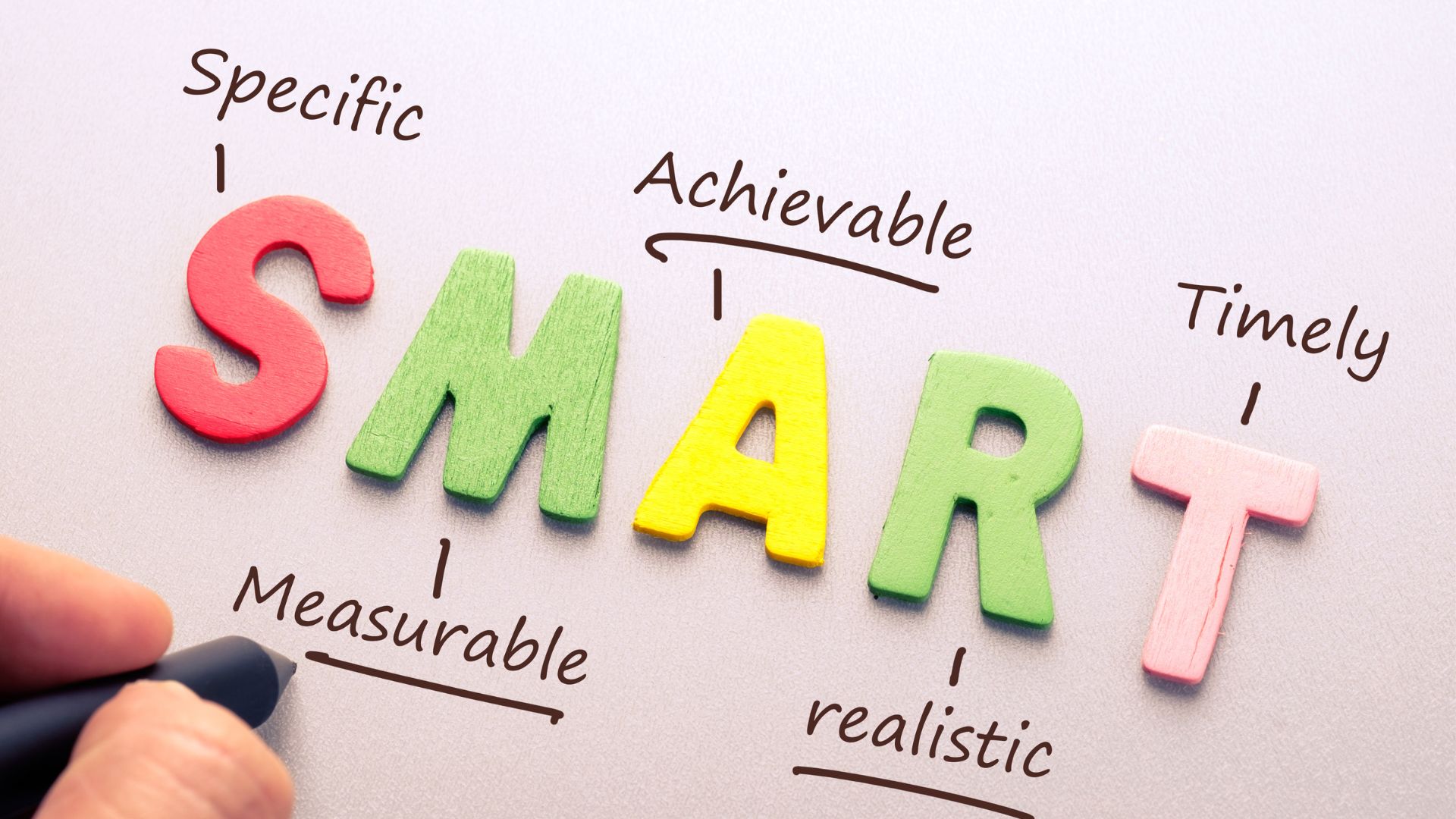The year is almost over, which means you might be starting to think about New Year’s resolutions and goal setting. It can be difficult to know where to start, so we’ve compiled some helpful information from our eLibrary resources. Read on for peer reviewed studies, LinkedIn Learning courses and an overview of some of our helpful eResources.
Research based articles on goal setting
It appears that how you frame your goal has a huge effect on how successful you might be in achieving it. Health and medicine journal Lancet tackles this topic in their article Have a healthy new year: easy to say, hard to do, which approaches this topic from the perspective of doctors trying to design a successful health campaign. The journal states that “physicians need to know when to emphasise the positive consequences of making a change versus the negative consequences of not changing.” The article goes on to state that people can be motivated either by believing “negative things will happen to them if they continue to behave as they do”, but they can also be motivated by the “positive effects” that they expect from a change in their behaviour. The article suggests changing up the framing around messaging if an attempted approach isn’t working. For example, “familiar statements such as “smoking is bad for you” […] lose their emotional impact”, and so you might instead promote the positive effects of not smoking. This aligns with the findings of Public Library of Science‘s article on New Year’s resolutions, which found that participants had more success achieving their goals with a positive “approach-orientated” mindset, rather than a negative “avoidance-oriented” approach.



